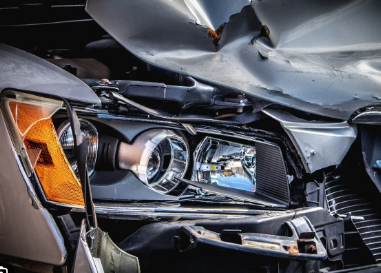
If a car is involved in a major accident or suffers significant damage the vehicle could be considered as a total loss to insurance companies. This is when the notion of car salvage value comes into the picture. Knowing what salvage value means is vital to car buyers, owners as well as sellers. Here’s a complete overview of the meaning of salvage value and how it impacts different parties.
What is Salvage Value?
vehicle salvage value is the value of the vehicle which is deemed to be to be a total loss for an insurance company. If the repair cost for an automobile damaged by accident is higher than its actual cash value (ACV) before the accident and the vehicle is classified as totaled. The salvage value is basically what the insurance company believes the vehicle could still be worth if it was sold for parts or as scrap.
How is Salvage Value Determined?
Salvage value is determined by several factors, including the car’s model, make, age, and condition before the accident. Insurance adjusters take these elements together with the market value of similar cars in good condition to calculate the salvage value. It is the condition and state of the car’s components, such as the engine, transmission, and body, contributes to this assessment.
Impact on Car Owners
For car owners that own their vehicles, the value of their salvage is an important consideration when deciding on insurance claims. If your vehicle is deemed a total loss, the insurer will offer you an offer that will include the value of the car’s ACV less any deductible, and the salvage value. You have the option of keeping the vehicle and settle for the lower amount or offer it to the insurer and receive the full amount.
Buying Salvaged Vehicles
Buyers interested in salvaged vehicles should approach with cautiousness. Salvage vehicles are typically offered at a lower cost because of their damaged past, but they may require major repairs. It’s essential to thoroughly inspect the vehicle and request an extensive repair history prior to buying. In addition, be sure to ensure that the car has been properly repaired and passed any necessary inspections that are required to prove roadworthy.
Selling Salvaged Vehicles
In the case of selling salvaged car Transparency is the key. Disclose the car’s salvage status to prospective buyers and provide documentation of its history and the repairs. Salvage vehicles are typically sold through auctions or specialized salvage yards which are where buyers look for parts or project cars.
Conclusion
Understanding car salvage value is crucial for car owners as well as buyers. It affects insurance settlements, affects resale values, and dictates how salvaged cars should be treated in the marketplace. If you’re dealing with a damaged vehicle or are considering purchasing one, knowing how salvage value functions will allow you to make informed choices and navigate the maze of the automobile world.